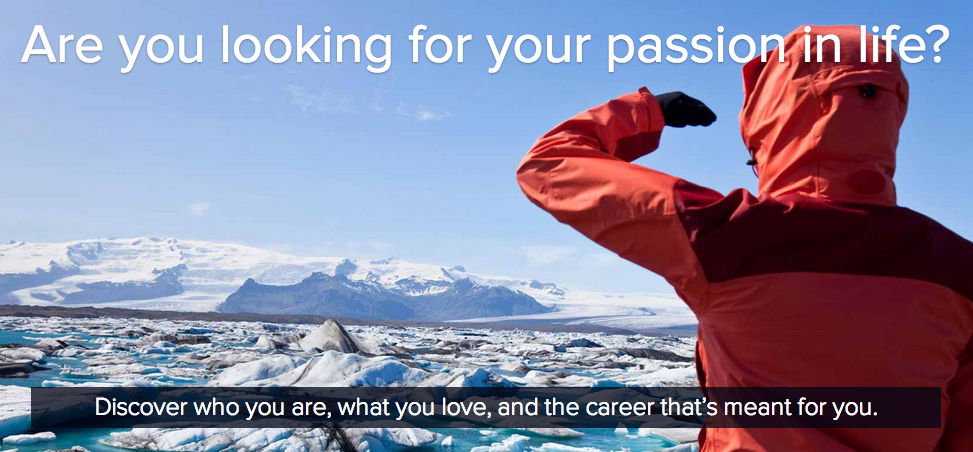Some people want to start a business because it sounds like a cool thing to do. They want to be entrepreneurs to have ‘[their name], Entrepreneur’ on their business cards. However, this concept lacks a lot of logic. Becoming an entrepreneur for the reason of being one will not produce success. Entrepreneurs need to be super passionate about what they’re trying to do. They shouldn’t care about the title because the title itself will not motivate them to keep moving forward after experiencing failures.
This is one of the many things I’ve learnt from my mentor, Spencer Thompson. He became an entrepreneur because he wanted to solve a problem. Spencer saw that many students from his high school either didn’t know what do with their lives or were being influenced by parents, peers, and guidance counsellors to head into career fields that most probably didn’t suit them. And so, Spencer created Sokanu, a career match-making service that uses science to match you with your dream career. Though his entrepreneurial journey has not been an easy one, it’s three years since he started, and Spencer is still on his quest to help people find their true calling.









